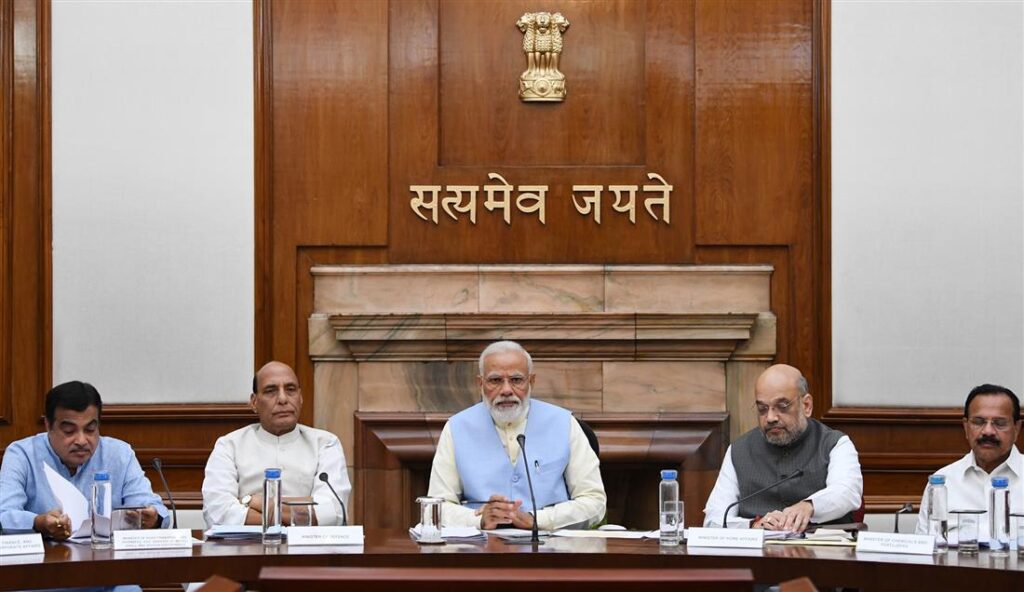The Union Cabinet chaired by Prime Minister Narendra Modi on Wednesday (June 3), gave its approval to several reform measures in the agricultural sector expected to benefit farmers and other stakeholders. Here is the gist of decisions taken:
Amendment to Essential Commodities Act
The Cabinet approved the amendment to Essential Commodities Act that is set to provide a liberalized regulatory environment for farmers. With this amendment, cereals, pulses, oilseeds, edible oils, onion and potatoes will no more be listed under essential commodities. This move has been made with a view attract private investments in cold storages, prevent wastage and modernize of food supply chain.
The government has however provided in the amendment that in situations like war, famine, extraordinary price rise and natural calamity, such agricultural products can be regulated.
The Farming Produce Trade and Commerce (Promotion and Facilitation) Ordinance, 2020
The Cabinet also approved The Farming Produce Trade and Commerce (Promotion and Facilitation) Ordinance, 2020. This move is set to give farmers and traders freedom over sale and purchase of agri goods and also better price realization for farmers. The move is also done to promote barrier-free inter-state and intra-state trade and commerce outside the State APMC systems thus paving way for One India, One Agriculture Market.
The Farmers (Empowerment and Protection) Agreement on Price Assurance and Farm Services Ordinance, 2020
The Cabinet approved the ordinance that will place farmers on a level playing field to engage with processors, aggregators, large retailers, exporters etc. It is set to transfer the risk of market unpredictability from the farmer to the sponsor and also allow for the farmer to access modern technology and better inputs. This is also expected to reduce the intermediaries in food products marketing.
The above measures have been taken with the view of making an ‘Atmanirbhar Bharat’ and is expected to give a fillip to the rural economy.

